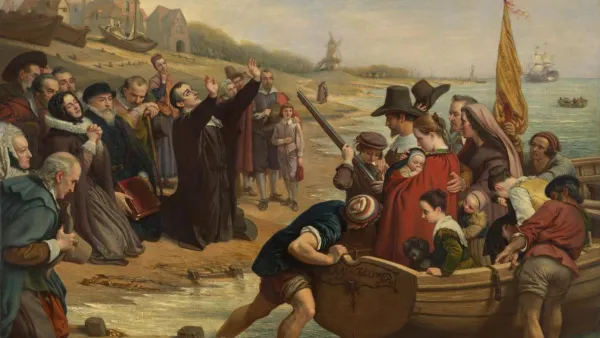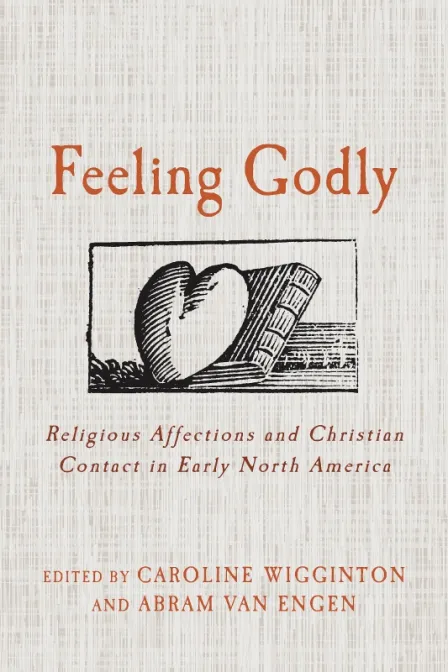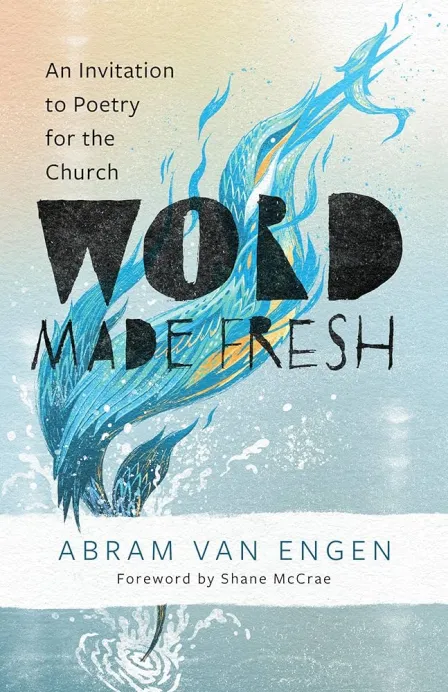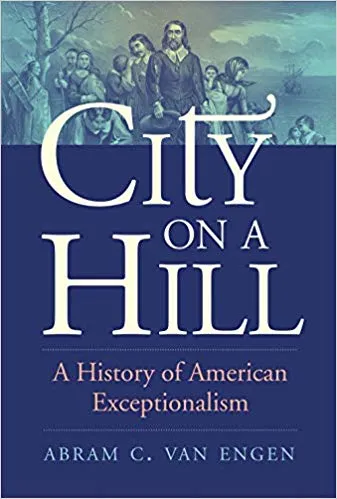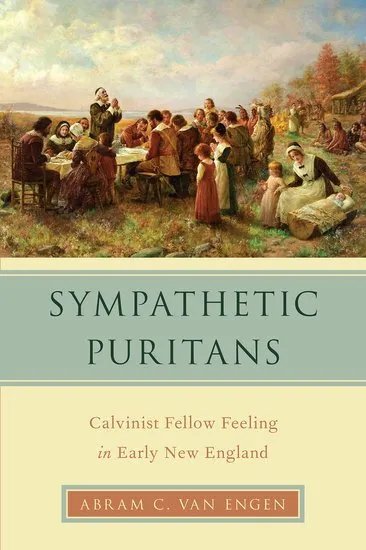Professor Van Engen has published widely on religion and literature, focusing especially on seventeenth-century Puritans and the way they have been remembered and remade in American culture.
Van Engen began his career with a study of sympathy in seventeenth-century Puritanism, drawing together abiding interests in the history of emotions, theology, imagined communities, and literary form. Those interests led to his first book, Sympathetic Puritans, and numerous related articles on early American religion and literature.
Beginning with these concerns, Van Engen has moved from a study of the Puritans in their own place and context to an interest in the way Puritans have been recollected and re-used by later generations. Studying the life of texts and the effects of collective memory, Van Engen has produced a second book, City on a Hill: A History of American Exceptionalism, along with several other publications that together study the creation and curation of American exceptionalism.
Work on his second project was furthered by participation in the Humanities Digital Workshop at Washington University in St. Louis, where Van Engen has been leading a team to study the concept and creation of American exceptionalism through a history of the phrase “city on a hill.” That work has led to multiple related digital projects, all in teams with undergraduate and graduate researchers. Collaboration remains essential to his work, with co-edited journal issues, co-written articles, co-taught courses and working groups that bring together literature, history, religion, politics, and psychology. His most recent book is Word Made Fresh: An Invitation to Poetry for the Church (Eerdmans 2024), inspired by his podcast Poetry For All.
Van Engen’s undergraduate courses have included Literature, Spirituality, and Religion (a freshman seminar); Early Texts and Contexts; American Literature to 1865; Natives and Newcomers in Early America; City on a Hill (for American Culture Studies); and Morality and Markets (co-taught with the Business School). Graduate seminars have included Puritanism, Literature and Religion, Intro to Graduate Studies, and Marilynne Robinson.


